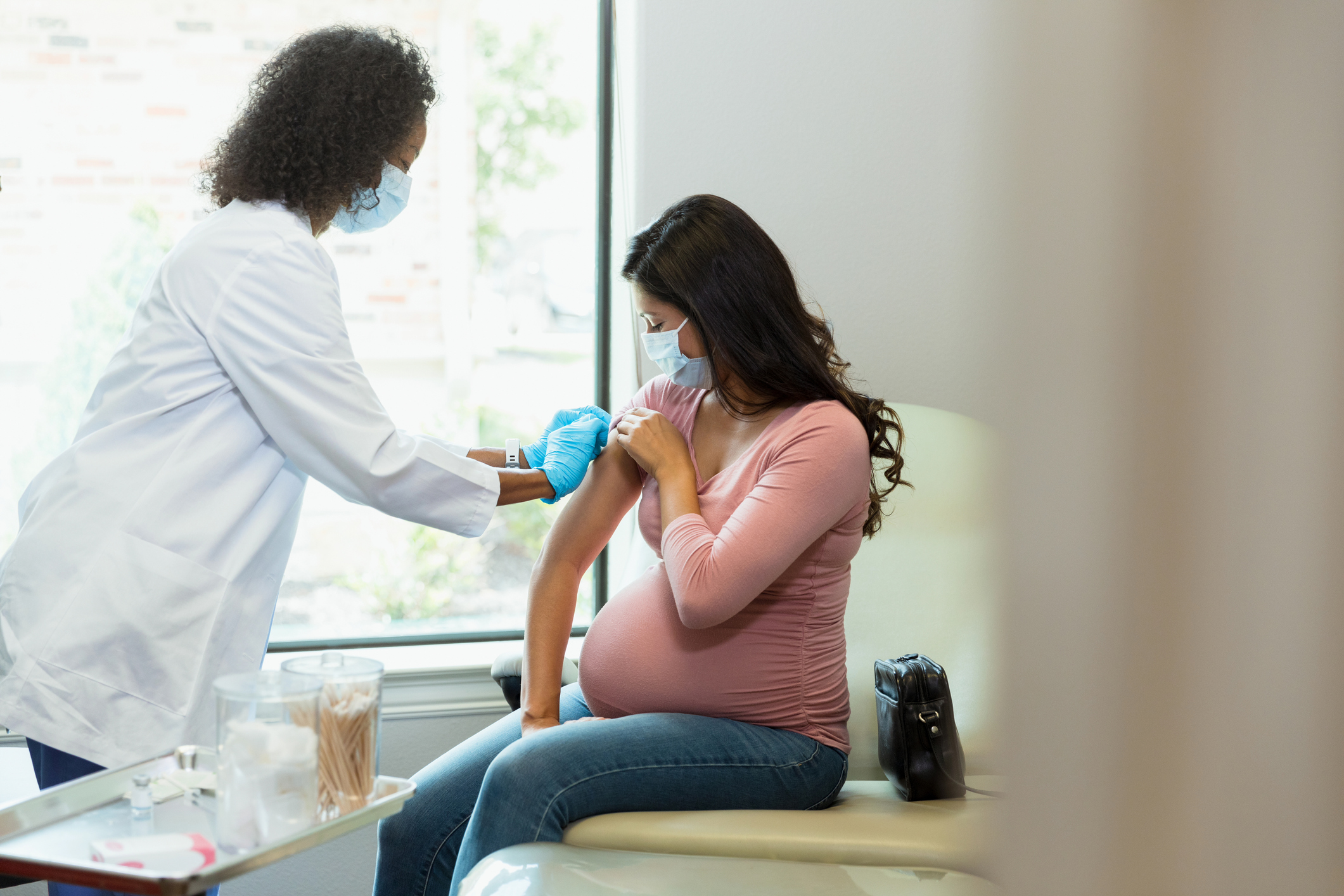
COVID-19 vaccines and women’s health
With the increase eligibility and availability of COVID-19 vaccines, more questions and misunderstandings about the health risks arise, especially related to fertility, pregnancy, and breastfeeding.
It is normal, to ask questions about COVID-19 vaccines how they may affect women’s health,” says Deepika Garg, MD a gynecologist and reproductive endocrinologist at Salt Lake City, Utah who is joining as an assistant professor at Yale University in the Division of Reproductive Endocrinology and Infertility.
How does COVID vaccines work?
There are two types of COVID-19 vaccines: messenger RNA (mRNA) vaccines such as Pfizer and Moderna, and the Johnson & Johnson viral vector vaccine. According to the Centers for Disease Control and Prevention, both mRNA and viral vector COVID-19 vaccines provide instructions to our cells to start building protective molecules against the COVID-19 virus.
However, the material in the vaccine never enters the nucleus of the cell, and cannot affect our DNA in any way. COVID-19 vaccines work with the natural defenses to safely develop immunity against COVID-19.
Do women have more side effects from the COVID vaccines?
Experts at Centers for Disease Control and Prevention reviewed data from over 13 million Americans who received Pfizer and Moderna COVID-19 vaccines, showed that over 79% of reported side effects were reported by women.
“There is consistency in this data with the previous reported side effects from vaccines, such as influenza, and it might be due to different responses in different sexes or it might be behavioral differences as women are often more likely to report side effects.”
(Gee J, Marquez P, Su J, et al. First Month of COVID-19 Vaccine Safety Monitoring — United States, December 14, 2020–January 13, 2021. MMWR Morb Mortal Wkly Rep 2021;70:283–288. DOI: http://dx.doi.org/10.15585/mmwr.mm7008e3)
Do the COVID vaccines affect fertility?
Currently, there is no evidence that suggest that COVID-19 vaccines, cause fertility problems. There is no scientific principle for how the COVID-19 vaccines could cause infertility or fertility problems.
Are the COVID-19 vaccines safe during pregnancy?
The American College of Obstetrics and Gynecologists recommends that pregnant individuals be vaccinated against COVID-19. Pregnancy testing is not a requirement prior to receiving any EUA-approved COVID-19 vaccine. Recent data suggest that these pregnant women may be at higher risk of more severe illness with COVID-19 infection.
Are the COVID-19 vaccines safe for breastfeeding women?
The American College of Obstetrics and Gynecologists recommends that lactating individuals be vaccinated against COVID-19. After COVID-19 vaccination, mothers can pass virus protection on to their babies via breastfeeding.
A study recently published in the Journal of the American Medical Association (Perl SH, Uzan-Yulzari A, Klainer H, et al. SARS-CoV-2–Specific Antibodies in Breast Milk After COVID-19 Vaccination of Breastfeeding Women. JAMA. 2021;325(19):2013–2014. doi:10.1001/jama.2021.5782) found that a COVID-19 vaccine can stimulate antibodies production in breast milk for up to six weeks after vaccination.
These protective antibodies can pass on to babies and may help a baby’s immune system prevent serious illness.
Do the COVID vaccines affect menstruation?
A growing number of women have reported changes to their menstrual cycles, after receiving a COVID-19 vaccine. There is no scientific evidence that the COVID-19 vaccine has any direct effect on menstruation.
Other factors can cause mensural irregularities including stress, medications like birth control pills or IUDs. These symptoms could also be signs of pregnancy, uterine pathologies, menopause or significant underlying medical condition.
Do COVID vaccines alter the results of a mammogram?
Some people develop swelling in lymph nodes under the arm after COVID-19 vaccine. The swelling may be a normal sign that the body is building defense against COVID-19. However, if it is caught on a mammogram it could cause a false alarm.
Some experts recommend that people due for a routine screening mammogram consider getting the mammogram before getting the vaccine, or wait at least four weeks after their second dose of vaccine.
There should not be any delay in getting a mammogram if someone notice a new breast lump, breast pain or other new breast concern.

